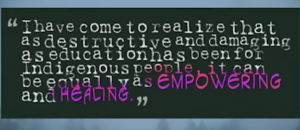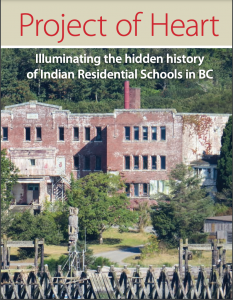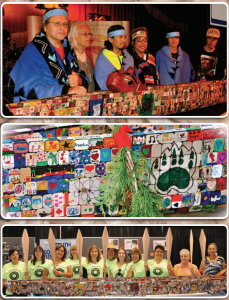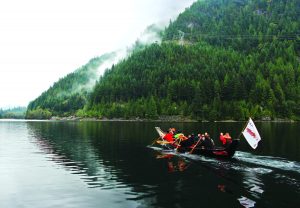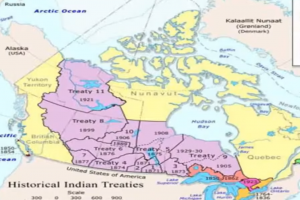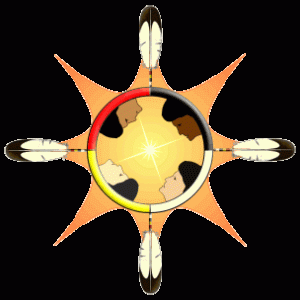Early Years Indigenous Cultural Safety Resource Guide. BC Ministry of Children and Family Development:
I feel, the earlier we can help support our Indigenous students the better their chances will be for success in every aspect of their lives. The purpose of this guide is to help educators who work with younger Indigenous children, families, and communities find appropriate and meaningful resources that will increase their ability to provide culturally safe and respectful care.
Where can I learn more about Indigenous people in Canada?:
This site includes resources for children of all ages. It lists Indigenous themed picture books, comic books, reading books, video games, colouring pages, fun booklets, online crossword, interactive games, “Did You Know Q & A” and a bead amaze art activity. If you click on “Explore the Indigenous Culture” it leads to more topics for children to go through, like the following: Indigenous History, Totem Pole info, Indigenous Resources, Fun Facts (Food, Language, Sports, Dance), First Nations (People, Books, Crafts). CBC Kids’ Indigenous resources display items and activities that would expose the younger generation to the beautiful culture of the Indigenous peoples in fun, simple creative ways that would capture many children’s hearts and minds in an engaging and informative manner.
The BC Aboriginal Child Care Society (BCACCS)-Centre of Excellence for Indigenous Early Learning and Child Care:
This particular site looks into helping Indigenous communities develop high quality, culturally grounded, spiritually enriching, community child care services that are based in the child’s culture, language and history. There is a team of dedicated people who help provide leadership, training, resources, and services to support Indigenous early learning and child care. They honour the memory and dedication of those that came before us and have joined them in this journey to support Indigenous early learning child care. There are amazing links to projects and videos linked to the BCACCS, for example the “The Documentation Project,” various workshops, curriculum kits and services like including hosting two preschool programs that provide quality demonstration and learning sites, outreach, networking, research, resources, and training to support early childhood educators and the Indigenous children and families they serve.
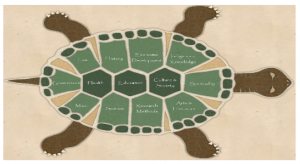
Public Domain Photo, taken by the University of Saskatchewan
References:
BC Ministry of Children and Family Development.(2018). The BC Aboriginal Child Care Society (BCACCS)-Centre of Excellence for Indigenous Early Learning and Child Care.[Site]. Retrieved May 29, 2021 https://www.acc-society.bc.ca/about/
Canada Media Fund. (2021). Where can I learn more about Indigenous people in Canada? [Site]. Retrieved May 29, 2021,https://www.cbc.ca/kidscbc2/the-feed/where-can-i-learn-more-about-indigenous-people-in-canada
Province of British Columbia. (March 2021). Early Years Indigenous Cultural Safety Resource Guide. BC Ministry of Children and Family Development.[Site]. Retrieved May 29, 2021,https://www2.gov.bc.ca/assets/gov/family-and-social-supports/child-care/ics_resource_guide.pdf

